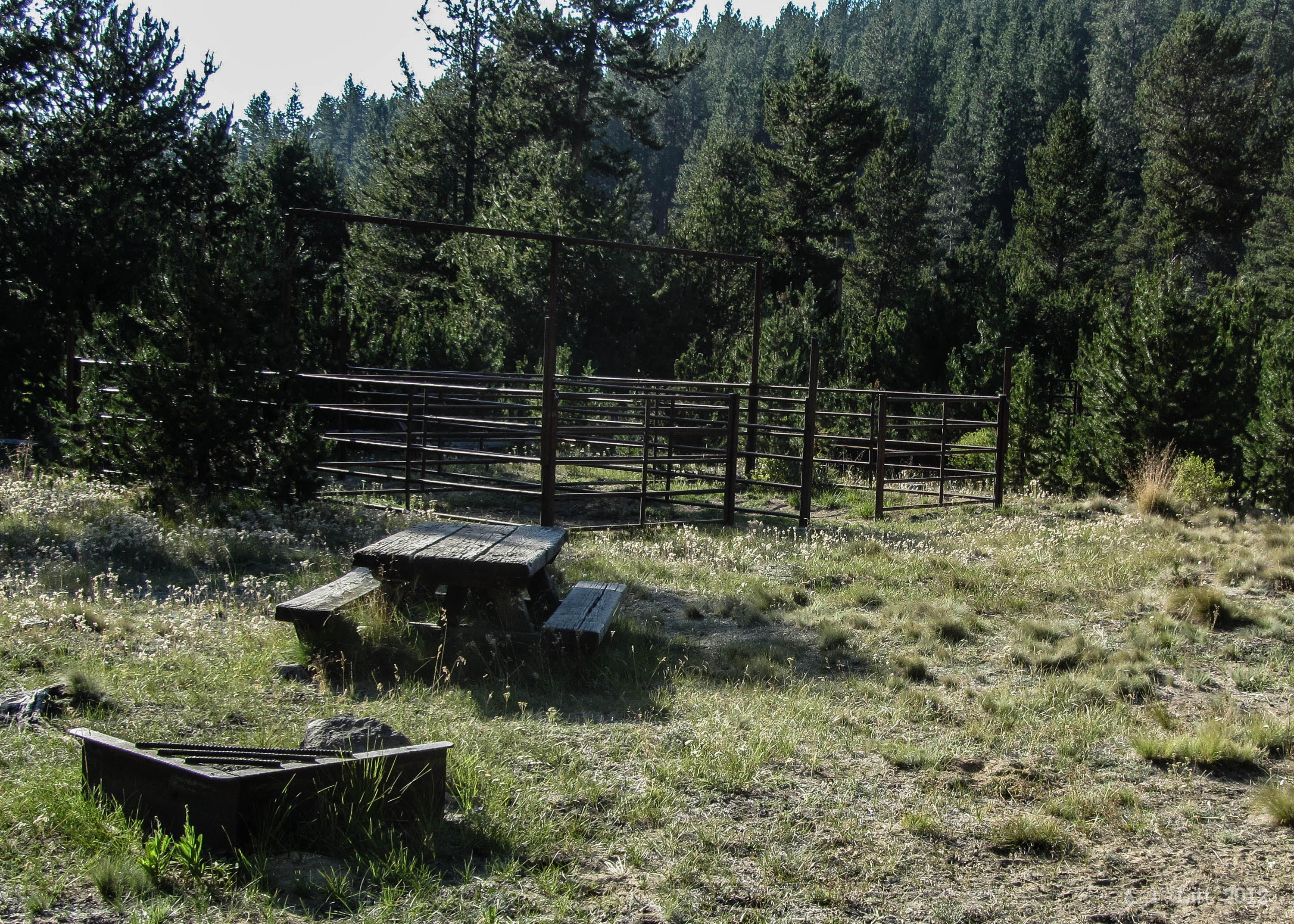weeds
-
Sandstone outcrops and chaparral along Hurricane Deck, San Rafael Wilderness, Los Padres NF, California. Photo George Wuerthner Chaparral is one of California’s most widespread vegetation communities due to the state’s Mediterranean climate of winter precipitation and summer drought. Chaparral is particularly common in the Coast Range, Traverse Ranges, and western slopes of the Sierra Nevada.…
-
New road was created for a forest thinning project. Roads are a major location for human ignition. Photo George Wuerthner The Biden administration announced it would spend nearly $930 million fighting wildfire in the West. While the plan includes money for everything from hardening homes to paying for more firefighters, the main thrust of the…
-
ABSTRACT: Livestock production occurs in all deserts (except polar deserts). In many desert areas, it is the single most significant human impact. Livestock production includes grazing plants and all associated activities to produce domestic animals. This consists of the dewatering rivers for irrigated forage crops, killing of predators and “pest” species, forage competition between native…
-
No chance of fires here–remove all vegetation and your problem with wildfire is solved. Photo George Wuerthner A recent article in the Capitol Press titled: “New game plan: How targeted grazing on public lands is changing” describes how targeted grazing can fix any problems on public lands. Not unlike how logging is often described…
-
I recently attended a presentation on invasive weeds by a representative of the Deschutes National Forest. The problem with the presentation was that it promoted and legitimized an industrial paradigm to weed threats. The Forest Service (FS) promotes an Industrial Forestry Paradigm that treats the symptoms, not the causes of ecological degradation. The biggest factors…
-
Mike Hudak interviews Retired USDA researcher Steve Monsen about livestock grazing’s impact to weed and Pinion-Juniper spread in the western United States: Retired USDA researcher Steve Monsen explains how overgrazing by cattle and sheep throughout the Great Basin, beginning in the mid-19th century and continuing to the present day, has initiated a cascade of environmental…
-
An annual grass worse than cheatgrass Medusahead grass has the ability to take over a landscape like cheatgrass but nothing will eat it after it dies and dries out in the early summer months. It is becoming a huge problem in some areas and I’ve seen allotments with vast expanses where it is about the…
-
The role livestock plays spreading wildlife harming weeds in the Rockies should be obvious- Livestock–the elephant in the room when it comes to weeds. By George Wuerthner. New West. – – – – – My comments: Weeds are of great harm to ungulates. Rangeland cattle in particular are culprits. They cause bare patches of soil…
